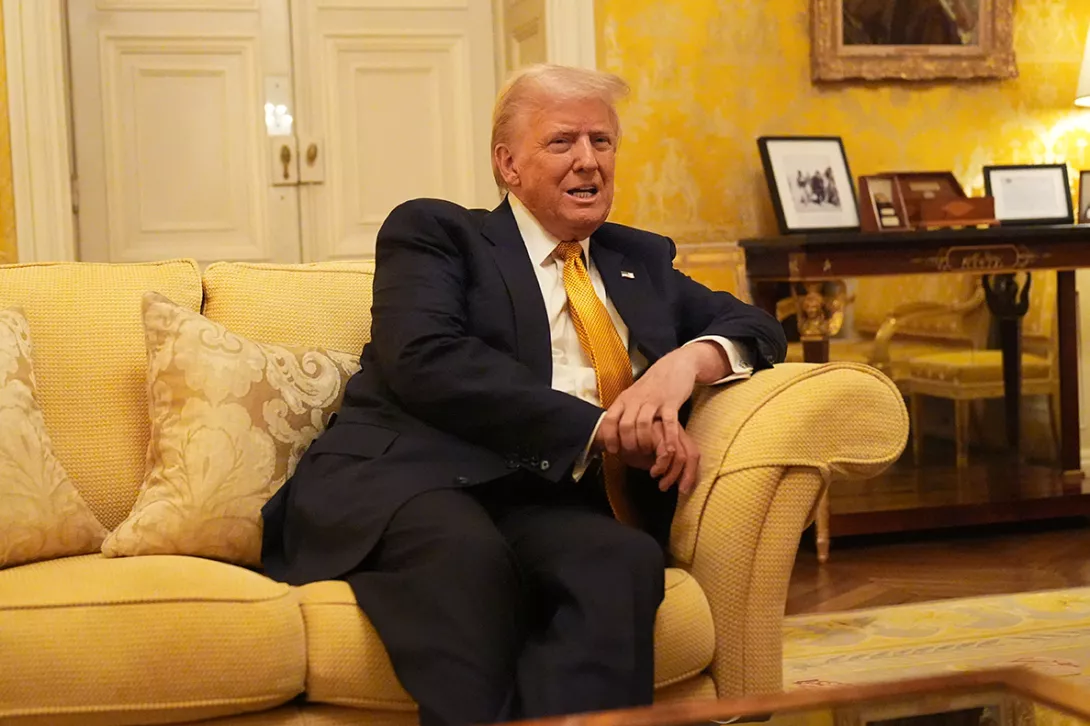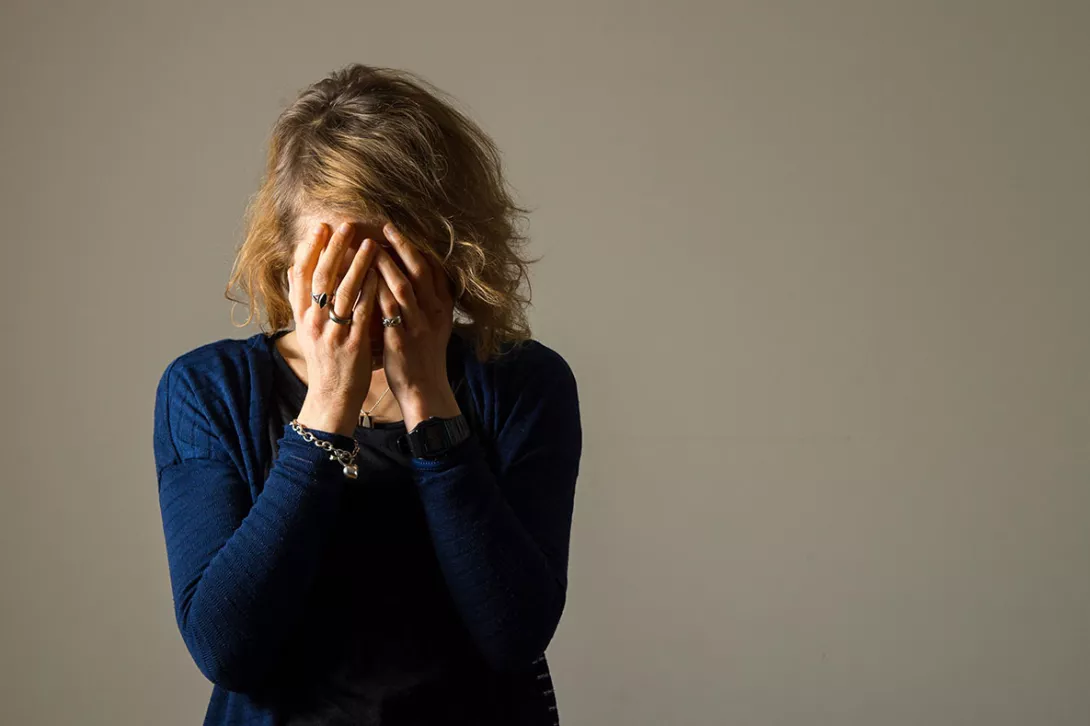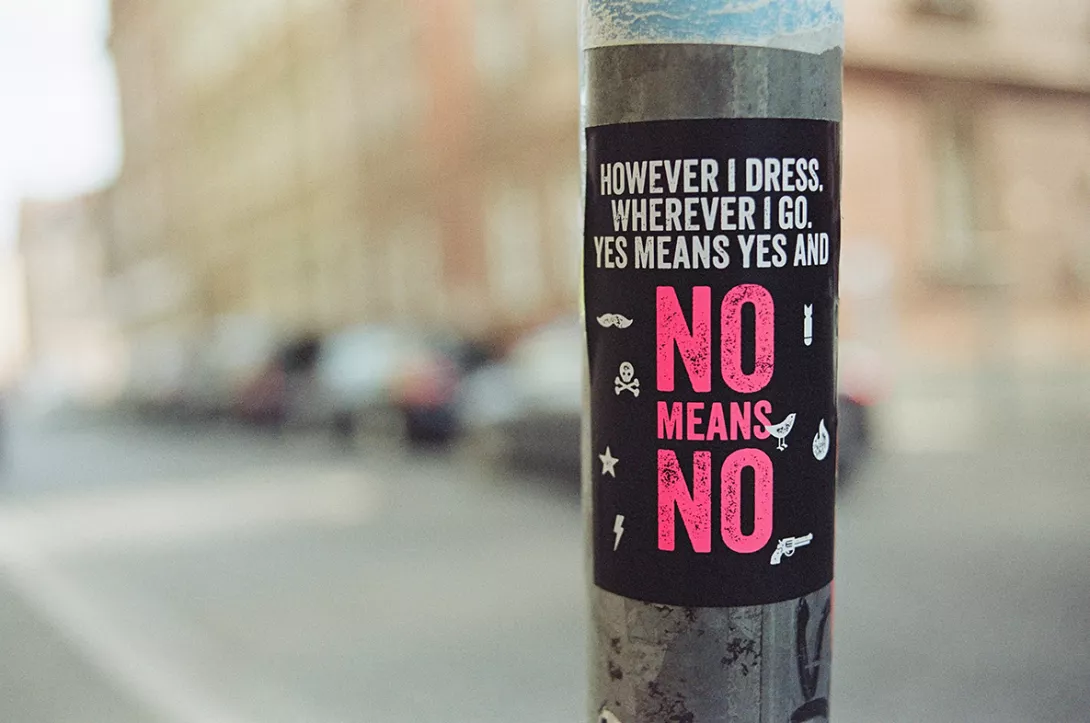Sisters in solidarity
From Palestine to period poverty, the TUC women’s conference will make strides for justice, writes VICKY KNIGHT
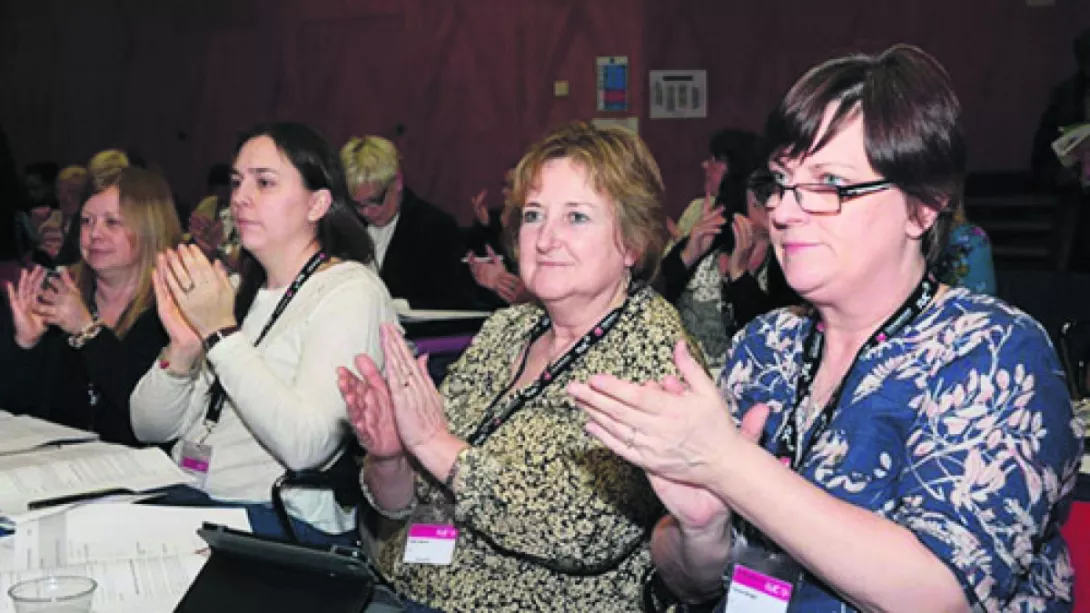
WE meet at TUC women’s conference this week, in the TUC’s 151st year at Congress House, under the banner of “Solidarity in sisterhood.”
Conference will be chaired by Usdaw’s Su Patel, a longstanding member of the TUC’s women’s committee.
We will both celebrate our achievements and our successes as well as setting our agenda for the women’s movement in the year ahead, the order paper covering issues as diverse as the gender pay gap, maternity provisions, women’s poverty, safety and mental health as well as opposing the far right and the international perspective.
More from this author
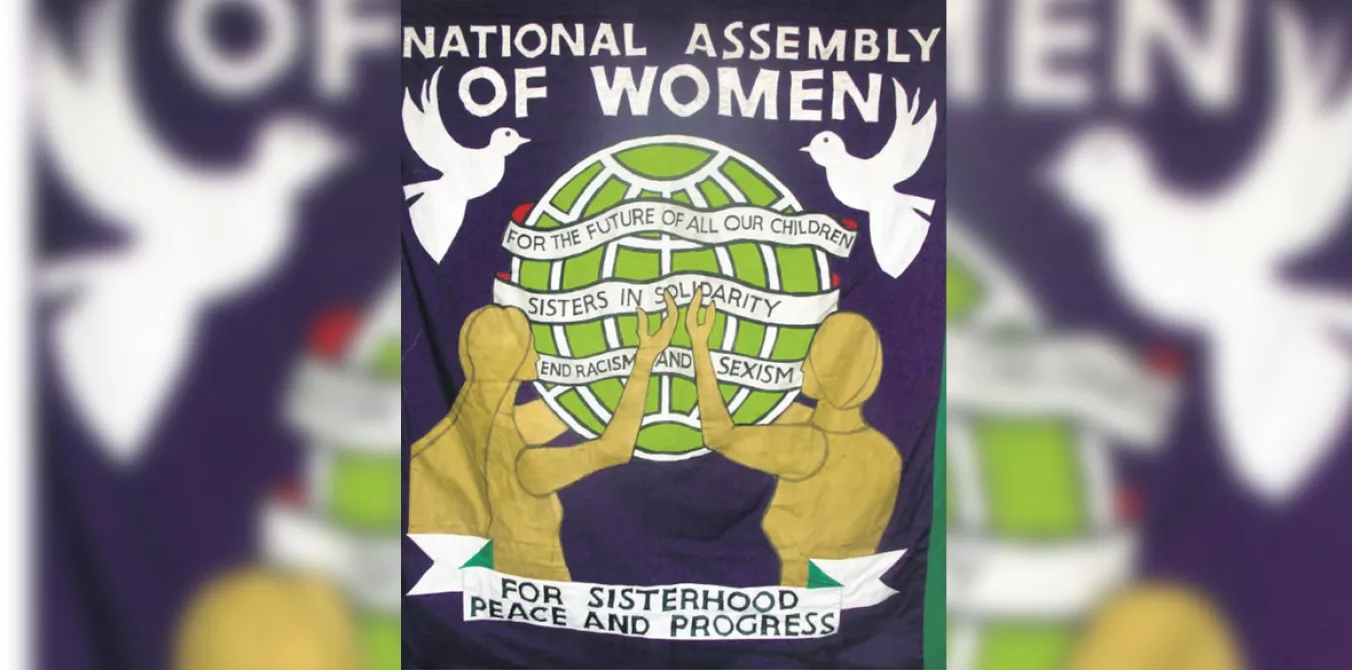
As the National Assembly of Women gathers for a seminar this weekend, VICKY KNIGHT outlines some of the major tasks facing women today
Similar stories
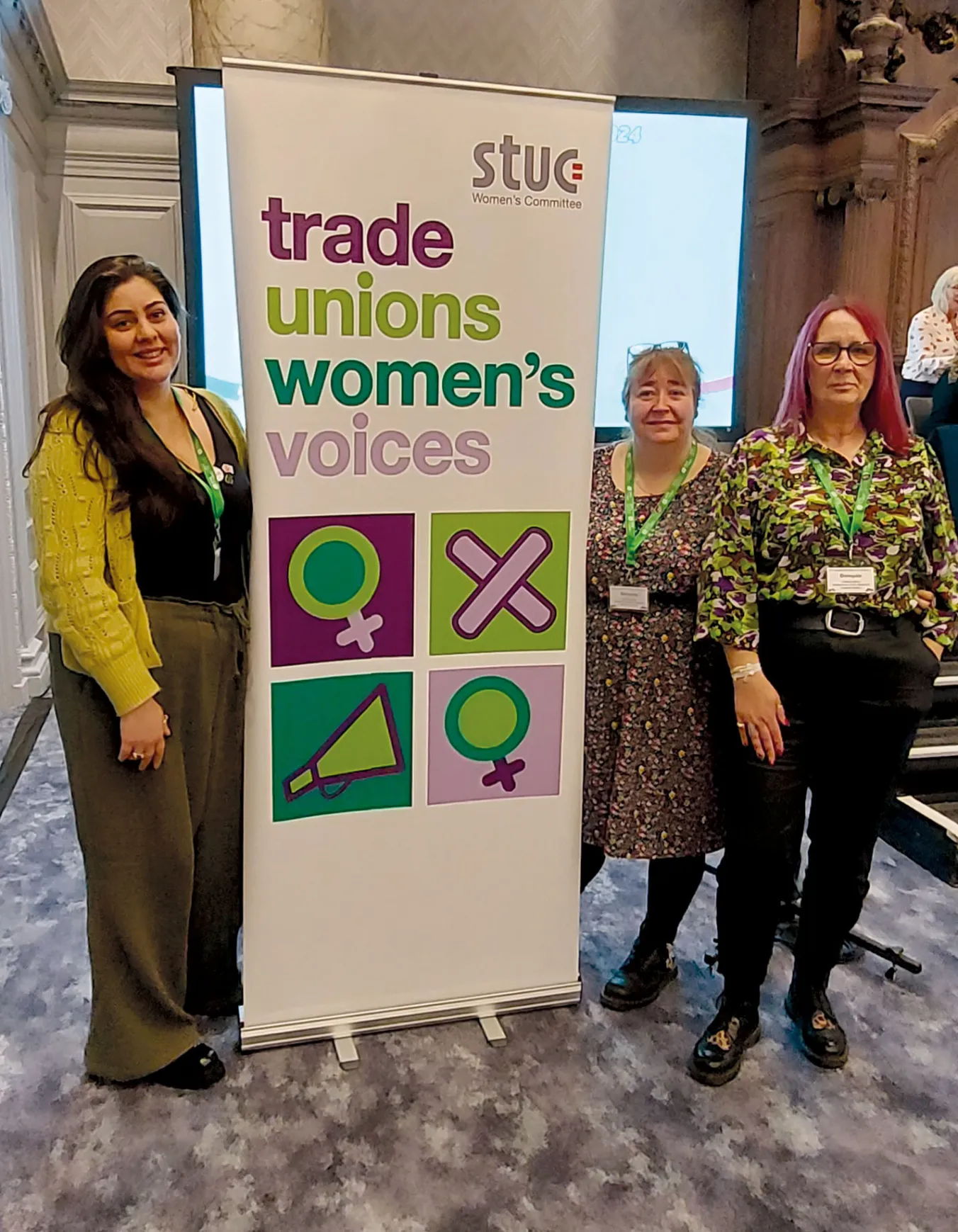
ANN HENDERSON, of RMT Scotland, reports from STUC women’s conference in Glasgow earlier this week where sisters gathered to highlight the issues facing women in the workforce
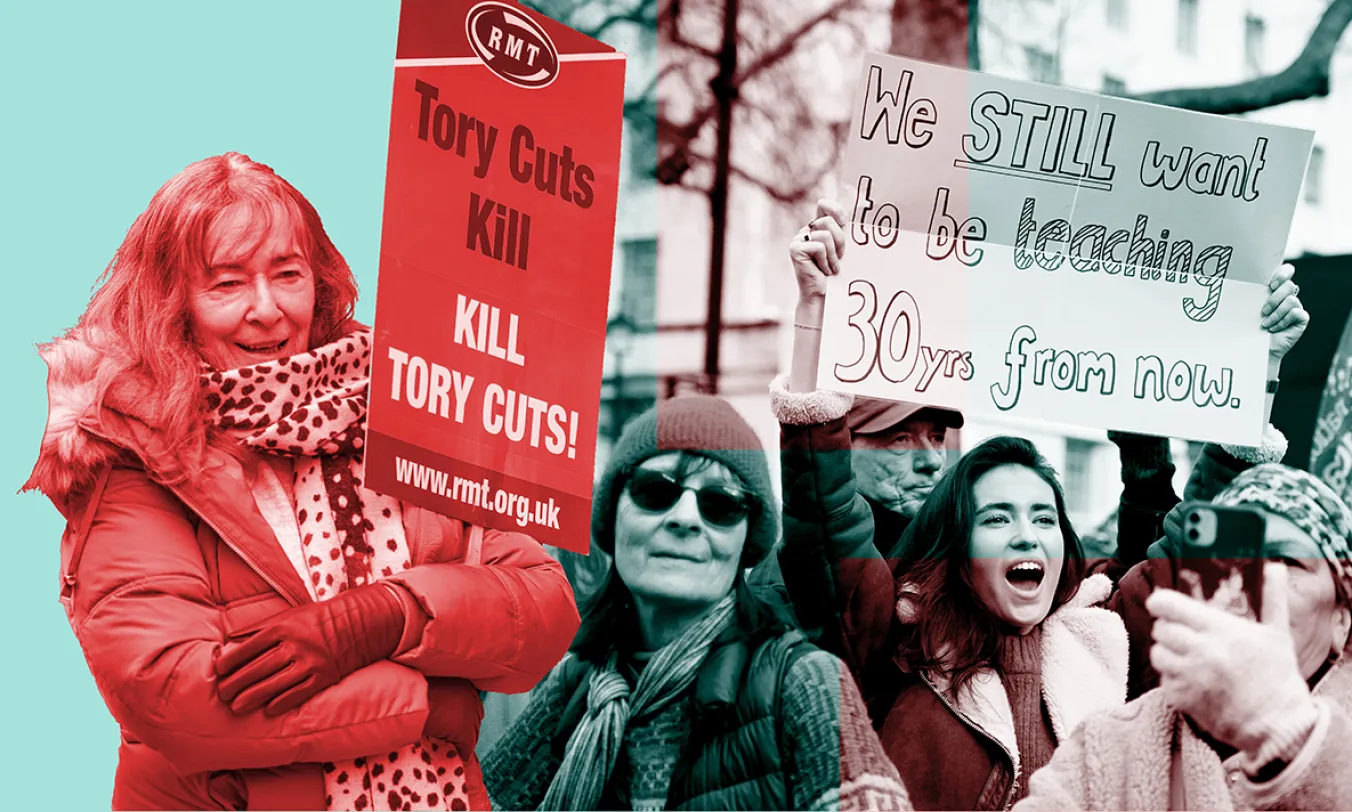
Women as a sex have the right to expect much more from the movement in which we continue to invest, says ANN HENDERSON


